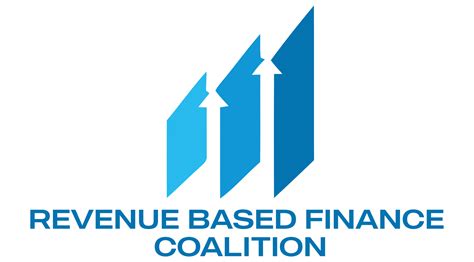Revenue-Based Financing: A Complete Guide for Businesses
Revenue-based financing (RBF) is emerging as a powerful alternative to traditional financing methods for businesses. Unlike loans that require repayment regardless of performance, RBF ties repayments directly to a company's revenue, making it a lower-risk and more flexible option. This comprehensive guide explores the intricacies of RBF, helping you understand its benefits, drawbacks, and how to determine if it's the right choice for your business.
What is Revenue-Based Financing?
Revenue-based financing is a type of funding where investors provide capital in exchange for a share of a company's future revenue, rather than equity or debt. This means that repayments are directly tied to the company's sales performance. If your business struggles, your repayments are reduced; if it thrives, repayments increase accordingly.
How Does Revenue-Based Financing Work?
The process generally involves the following steps:
-
Application & Assessment: Businesses apply to RBF providers, providing financial information and a business plan. Providers assess the application, considering factors like revenue, growth potential, and industry.
-
Funding Agreement: Once approved, the business and the provider agree on a funding amount, a revenue share percentage, and the repayment terms. The agreement outlines the conditions under which repayments will be made.
-
Capital Infusion: The business receives the funding, typically within a short timeframe.
-
Revenue Sharing: The business starts making repayments based on a pre-agreed percentage of its revenue over a specified period.
-
Repayment Completion: Once the agreed-upon revenue share has been paid, the funding is considered repaid.
Benefits of Revenue-Based Financing
- Lower Risk: Repayments are directly linked to revenue, reducing the risk of default compared to traditional loans.
- Flexibility: Repayments adjust with the business's performance, providing flexibility during challenging times.
- Faster Access to Funds: The application and funding process is often quicker than traditional loans.
- No Equity Dilution: Unlike equity financing, RBF doesn't require giving up ownership stake in the business.
- Focus on Growth: Businesses can allocate resources to growth initiatives rather than focusing solely on debt repayment.
Drawbacks of Revenue-Based Financing
- Higher Cost: The revenue share percentage can be significant, potentially resulting in higher overall costs than traditional loans, particularly if the business experiences rapid growth.
- Limited Funding Amounts: RBF providers typically offer smaller funding amounts compared to traditional loans or equity investors.
- Potential for Disputes: Disagreements can arise regarding revenue calculation and reporting.
- Restriction on Business Operations: Some providers may impose restrictions on business operations or future funding rounds.
Is Revenue-Based Financing Right for Your Business?
RBF can be an excellent choice for businesses experiencing rapid growth or those that need short-term capital without diluting equity. Consider these factors before opting for RBF:
- Revenue Predictability: Businesses with stable and predictable revenue streams are better suited for RBF.
- Growth Trajectory: High-growth businesses can leverage RBF to fuel expansion.
- Funding Needs: Assess if the funding amount offered by RBF aligns with your business needs.
- Cost-Benefit Analysis: Carefully compare the cost of RBF with other financing options.
Finding a Revenue-Based Financing Provider
Researching and selecting the right RBF provider is crucial. Consider factors like:
- Reputation and Experience: Look for providers with a strong track record and experience in your industry.
- Terms and Conditions: Carefully review the terms and conditions, including revenue share percentage, repayment terms, and any restrictions.
- Transparency and Communication: Choose a provider with transparent communication and easy-to-understand agreements.
Revenue-based financing presents a compelling alternative to traditional funding methods. By thoroughly understanding its mechanics, benefits, and drawbacks, businesses can make informed decisions about whether it aligns with their growth strategies and financial goals. Remember to always perform due diligence before committing to any financing option.
